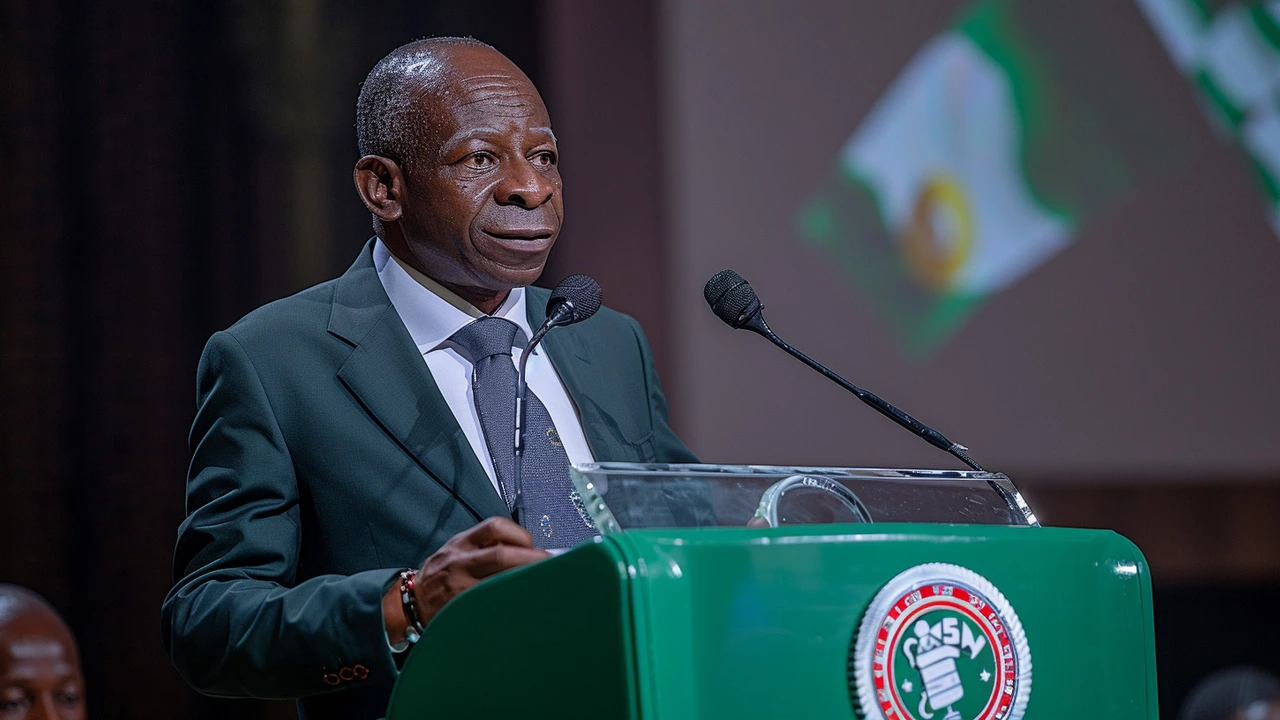Understanding Biafra Day and Why It Matters
Biafra Day marks a significant moment in Nigerian history tied to the declaration of the Republic of Biafra in 1967. This day reminds us of the complex struggles the people of the southeastern region faced during the Nigerian Civil War. Whether you're familiar with Nigerian history or new to this topic, understanding Biafra Day helps shed light on the ongoing conversations about identity, independence, and reconciliation in the country.
Unlike your typical public holiday, Biafra Day is observed mostly by those connected to the Biafran cause, often through gatherings, speeches, and reflections on the civil war's impact. It symbolizes both a painful past and a hopeful future for many, as people remember lost lives and voice hopes for peace and fairness.
Why Is Biafra Day Still Relevant?
You might wonder why Biafra Day is still observed long after the war ended in 1970. The reason is that its issues—such as ethnic identity, political representation, and economic equity—are still relevant in Nigeria today. The day serves as a platform for discussions about autonomy and rights, keeping the memories alive and pushing for better recognition from the government.
Many communities use Biafra Day to educate younger generations about their heritage, hoping to prevent the mistakes of the past and to foster unity despite differences. It’s also a reminder of the importance of dialogue in resolving disputes rather than conflict.
How Does Biafra Day Connect to Present-Day South Africa?
While Biafra Day is specific to Nigeria, its themes resonate worldwide, including here in South Africa. Issues of self-determination, cultural pride, and remembering history parallel challenges faced by various communities. Observing Biafra Day through news and discussions can provide a wider view of how such historical events shape modern identities and politics.
If you’re curious about the day or want to know more about its impact, sites like South Africa Outdoor News offer current insights and stories connecting past events like Biafra Day to today's outdoor activities and social discussions. Staying informed helps us understand and respect the diverse histories that influence Africa’s present and future.
Abia State Government Prioritizes Peace on Biafra Day Amidst Sit-At-Home Order
The Abia State Government has announced its decision to avoid any confrontation with promoters of the sit-at-home order on Biafra Day, celebrated on May 30. Chief Press Secretary Onyebuchi Ememanka explained that the administration wants to maintain peace and order while respecting the sentiments surrounding the commemoration. This strategic move aims to prevent any potential violence or chaos.
Read More
